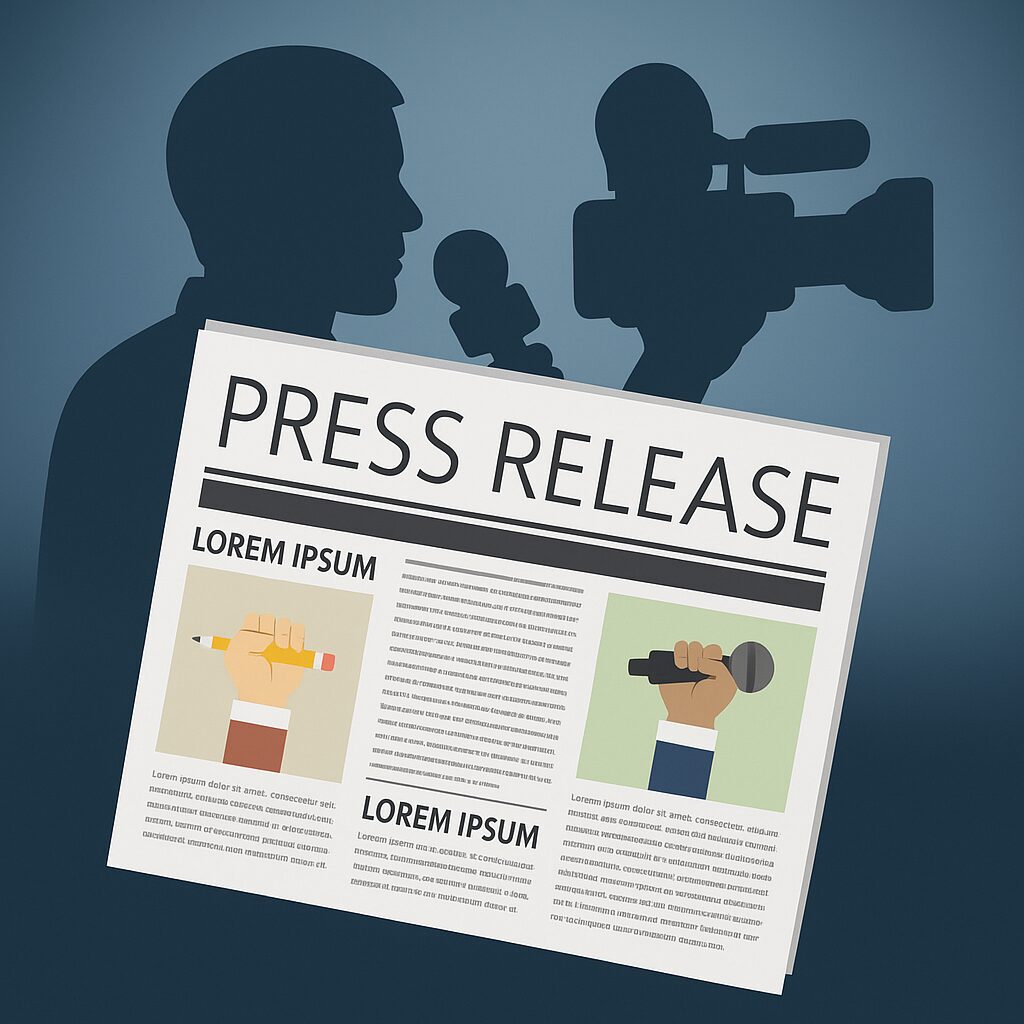Headliner Publications Promo
This slot is closing.
- Ends in 24 hours. No extensions.
Offer expires in:
Days
Hours
Minutes
Seconds
Once it’s gone, it’s gone.

In Nigeria’s fast-paced media world, journalists receive hundreds of press releases every single day.
Most of these releases don’t even get opened.
Why?
Because they miss the mark on what Nigerian journalists expect.
If you’re an SME founder, PR professional, or marketer looking to get your story featured in Nigerian newspapers, blogs, or TV stations, knowing how to write a press release that journalists in Nigeria actually open and read is essential.
This guide breaks it down for you.
Journalists in Nigeria (and across West Africa) are busy.
They’re under pressure to find stories that matter to their audience—stories that are timely, relevant, and newsworthy.
If your press release doesn’t tick those boxes, it won’t even make it past their inbox.
But if you follow the right steps, you can grab their attention and boost your chances of getting covered.
Here’s exactly what Nigerian journalists want from your press release.
Your headline is the first thing a journalist sees.
It should immediately communicate what your story is about and why it matters to a Nigerian audience.
Compare these two examples:
Always include local references like Nigeria, Lagos, or West Africa to make it relevant.
This increases the chances of your press release standing out.
No matter how global your brand is, Nigerian journalists care most about local impact.
Ask yourself:
Highlight these points clearly.
Without a local angle, your press release may seem irrelevant.
Journalists love hard data.
Support your claims with statistics, research findings, or survey results.
Also, include quotes from company leaders or relevant experts.
Make sure the spokesperson is appropriate for the story.
For instance, if it’s a tech announcement, include a quote from your CTO, not your HR manager.
Quotes add a human touch and make your story more credible.
Journalists don’t have time for lengthy introductions.
The first paragraph of your press release should answer these 5 Ws:
Don’t bury the lead—state the most important information right away.
The rest of the release should provide background details, data, and quotes.
Here’s the ideal press release format for Nigerian media:
To increase your chances of success, avoid these common mistakes:
If you want Nigerian journalists to not just open your press release—but cover it—you need to give them something valuable.
Focus on local relevance, clear facts, strong headlines, and a simple structure.
Respect their time, make their job easier, and you’ll greatly increase your chances of media coverage.
By following these proven steps, you can craft a press release Nigerian journalists actually open, read, and report on.
For more tips or help distributing your press release across top Nigerian media outlets, platforms like Pressdia can make the process simple and effective.